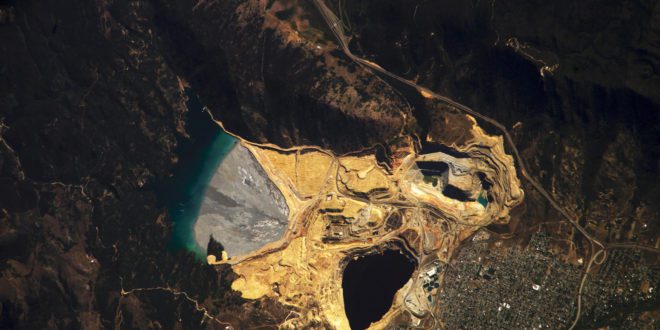Instead of further missions, NASA comes into contract with Teledyne Scientific and Imagining from Camarillo, California, holding an outstanding cost and production deal that goes above 23 million USD.
The institution has been on a referred basis with the WFIRST technology, having to file reviews and other necessary conditions upon the look for the technology.
Still, upon marketing, there are various ideas put to use for the WFIRST, primarily focusing on scanning specific ranges of areas that have yet to be placed on proper delivery at a field. The institution coming to a contract with the corporation established the production of 72 Wide Field Infrared Survey Telescopes upon sensor chip assembly. The project is prolonged for around 2018 up to 2020.
WFIRST has been going through the stages past into design, following several other phases past testing and recommendations and further studies. The device comes to terms in the possibility to detect a more wide field from dark energy and exoplanet functions, making more prominent avenues of discovery for NASA and other space investigatory systems and institutions.
With the device following more significant updates since 2017, the current state sees more progress and has been coming close to a finish upon improvement, possibly striking to the final physical product soon after that. Further development may help the institution to find new extra-terrestrial terrain or energy-based matters, which could, in turn, be beneficial on the part of any other innovations.
The possibilities that may arise past the mere conception of the WFIRST may bring forward other avenues that may be of use to proper scientific studies. The idea of being able to observe and cover dark energy, while also holding a scope on other portions of space, there comes a lot of potential up to the more significant point of inspection.
Scientific inspection still has a lot to put under scrutiny, but having the proper resources and materials available would make the arena more potable for discovery.

